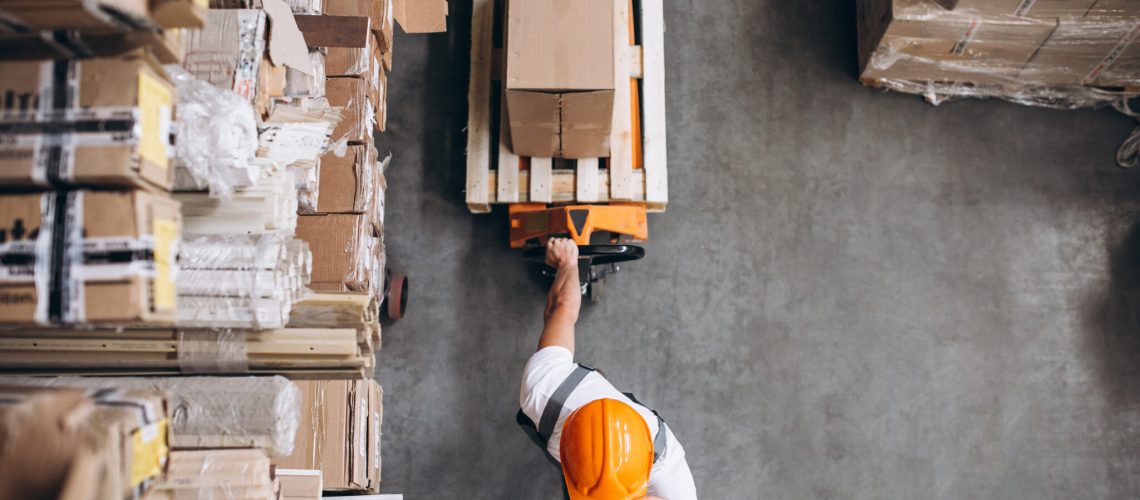There is no shortage of options when it comes to warehouse roofing systems. It is important to know the differences to help you make an informed decision. You want to ensure that your roof will withstand heat, rain, cold, hail, wind, and normal wear and tear. You may also want it to look good while saving money on operating costs. Read further to learn about the pros and cons of various industrial roofing systems.
Built-up Roofing
Inexpensive and pleasing to the eye, built up roofing uses layers of sealant membranes with gravel on top to create an aesthetic appearance. Other roofs leave black plastic and rubber on top, which is not as visually pleasing. The asphalt also allows extra traction for anyone walking on the roof. One downside of the extra layers is that you need additional support underneath the roof itself.
Modified Bitumen
Bitumen is a byproduct of crude petroleum and is similar to tar. At high temperatures, it becomes a liquid and solidifies as it cools. When used for roofing, it is mixed with rubber which helps it form into sheets which are then sealed onto the roof one at a time with a blowtorch. This material is quite a bit more lightweight than built-up roofing and reflects sunlight effectively, thus reducing your electricity bill.
Thermoplastic Polyolefin (TPO)
TPO is very popular in warehouse roofing systems because it is white, lightweight, and resistant to corrosion, algae, and mold. The sheets are easily rolled onto the roof. Each sheet does have to be bonded to the next one, however, and if the seam is not bonded well, this type of roof could leak. To remedy this, complete regular maintenance to make sure the seams are not coming unglued.
Liquid-applied Roofing
Liquids such as acrylics and silicones can be easily applied directly on top of an existing roof, much like applying paint. The liquid seals any existing cracks and gaps in the roof, creating a reliable water-resistant barrier. Beware of the expense, though. Liquids have to be applied to a roof in a very careful and sensitive fashion, so the cost of installation is higher.
Asphalt Shingles
Asphalt shingles are what you see on most homes and businesses. By far the most popular roofing system, they are flexible, easy to source, and easy to install. It is also simple enough to customize their size, which is not true of many other roofing methods. Their biggest drawback is susceptibility to hail damage and wind. With a lifespan of approximately 20 years, their longevity is shorter than other industrial roofing systems.
Metal
Metal roofs can often last for up to 100 years. Zinc, aluminum, and steel each offer their own comparative advantages.
Zinc
An ideal metal roofing choice for coastal and industrial areas, zinc will stay put during high winds and does not corrode due to salt or chemicals. Zinc may be cost-prohibitive on its own. It is common for zinc roofs to be supplemented with other metals.
Aluminum
Aluminum is one of the more expensive metals, but it brings added value, such as being lightweight and durable. The installation process is also faster than with other metals because it is not as heavy.
Steel
Steel is famously heavy and is prone to rust, but these downsides are balanced out by its durability and compatibility with sealant coatings that help it resist corrosion against the elements.
Benton Roofing: Installing Warehouse Roofing Systems With Integrity
Our goal is to exceed your expectations with every job we do. We communicate proactively and will not let costs run out of control. Request a free quote today by clicking our About Us page and scrolling to the bottom.
